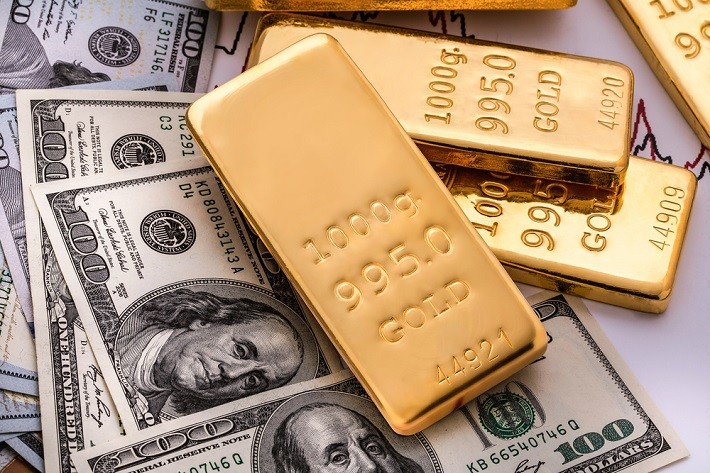
Gold Trading and other precious metals, along with crude oil, copper or petroleum, are hard commodities that play a major role in the commodities market and are contract-based tradable goods. The contracts based on precious metals can include futures, spot prices, forwards and options.
The intermediary that enables futures contracts to be negotiated is the futures exchange, or commodity, market. Investors worldwide can access about 50 major commodity markets, with precious metals such as gold, silver, platinum and palladium as the leading tradable assets due to their high economic value and durability. While Asia is the worldwide largest precious metals market (China, India and Singapore being the top consumers of these commodities), the commodities market is dominated by European and American corporations, with the biggest precious metals companies based in Canada and Germany.
The futures exchanges market, where besides currencies and stock indices gold and other precious metals are also actively traded, is available 24 hours a day, except weekends. Generally, precious metals are purchased in two main ways: on spot contracts and on futures contracts. While spot contracts involve the physical buying or selling of these commodities for payment and delivery on the spot date (typically two business days following the trade date), futures are standardized contracts, mutually agreed on by two parties to buy or sell precious metals of a specific quantity and quality for a price agreed on (called futures price) with delivery and payment on a later date in future (called delivery date). The buying and selling of futures takes place without the actual physical ownership of the commodities traded and done via online trading.


